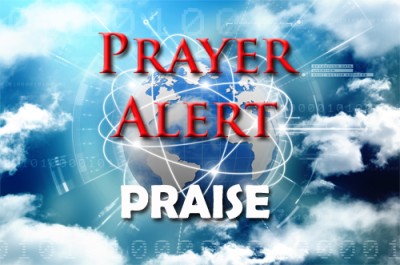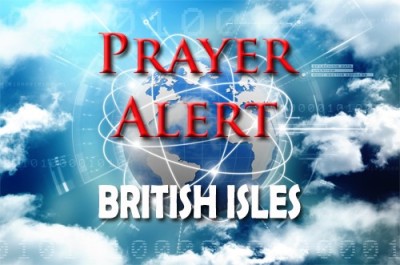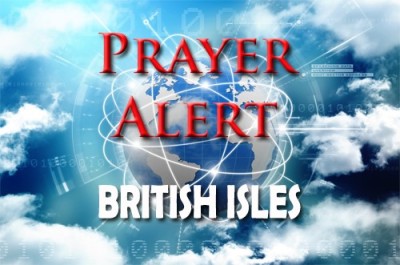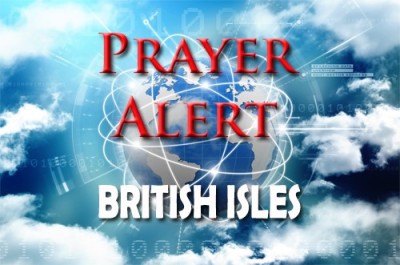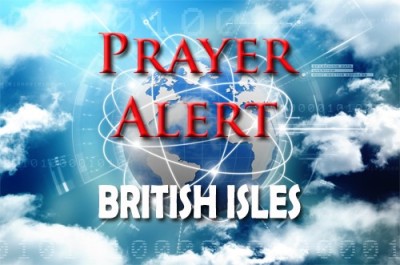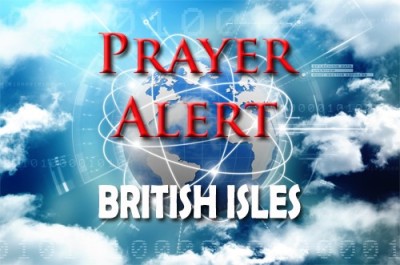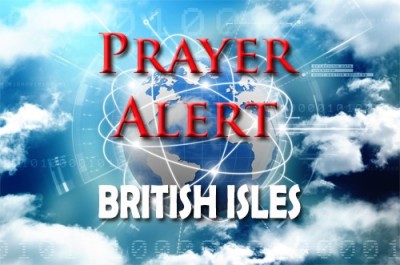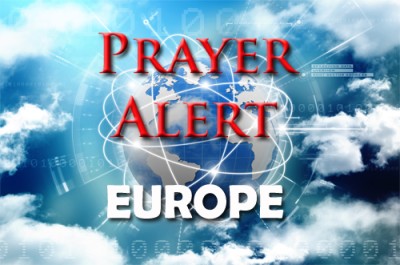Cambridge United Football Club, inspired by Baptist minister and fan Simon Cragg, has introduced an official club carol titled 'United at Christmas' to connect football enthusiasts with the teachings of Jesus. This unique carol was a highlight of a 1,000-person carol service at Abbey Stadium, attended by players, staff, and fans. It was also featured at halftime during the club’s FA Cup match against Fleetwood. The lyrics of 'United at Christmas' use football-related imagery to convey themes of love, hope, and peace, and include references to the club's nickname and historical Christian narratives. Club director Graham Daniels, a former player and head of Christians in Sport, noted the growing openness to faith in football. He credits past Christian footballers like Gavin Peacock and Cyril Regis for setting strong examples of faith in the sport, leading to a cultural shift where being a devout Christian and a professional footballer is respected.
Two teenagers, aged 16, were convicted of murdering 16-year-old transgender girl Brianna Ghey in Cheshire. Brianna was lured to Linear Park and stabbed 28 times. The assailants, a boy and a girl, were 15 at the time and denied the murder, each blaming the other. Their premeditated plan for the killing was evidenced by a handwritten murder plan and messages. During the four-week trial at Manchester Crown Court, it was revealed that the girl, known as Girl X, had a fascination with violence and serial killers. The boy, Boy Y, diagnosed with autism spectrum disorder, is non-verbal. Prior to the murder, they compiled a 'kill list' of other children. Brianna's mother, Esther Ghey, expressed her enduring grief and gratitude to those who showed kindness to Brianna in her last moments. She also urged empathy for the families of the convicted teens. Brianna's father, Peter Spooner, shared his heartbreak over his loss. The case, which incited global protests against transphobia, awaits sentencing by Judge Mrs Justice Yip. Police believe the motive was not transphobia but a general thirst for violence.
The Bank of England's interest rate hikes, aimed at reducing inflation, have led to a slowdown in the UK housing market. Recent data reveals a significant drop in house prices, the largest since October 2011. This decline, most pronounced in London, reflects the impact of pandemic-driven price surges. Despite this decrease, the housing market faces long-term challenges. Interest rates have risen, functioning slowly like drip filter coffee, and have a delayed effect on the market. This delay is due to the time taken for banks to adjust mortgage rates and for these changes to be reflected in official statistics. The latest data from the Office for National Statistics (ONS) show a 1.2% drop in house prices over a year, marking the fastest decline in over a decade. Financial markets anticipate rate cuts next year, which could revive the market. However, the overall cost of living remains high, with increased expenses from food to household bills. Over a million people will face higher mortgage costs next year.
Penny Mordaunt, a UK cabinet minister, has revealed that her WhatsApp conversations with former Prime Minister Boris Johnson, relating to Covid, were mysteriously deleted from her phone. She provided this information in her evidence to the Covid inquiry, and mentioned that the former chief of staff at No 10, Dan Rosenfield, did not respond to 14 requests for a meeting to discuss the missing communications. This adds pressure on Johnson, who previously informed the inquiry that around 5,000 messages from his old phone, covering January to June 2020, could not be accessed. His lawyers suggested an automatic factory reset of the phone might be the cause. Mordaunt expressed willingness to have her phone examined by the inquiry if it would help. Johnson himself speculated at the inquiry that the disappearance might be due to the WhatsApp app malfunctioning and automatically erasing messages. He claimed that he had not removed any messages and had provided all relevant information to the inquiry.
Matthew Taylor, chief executive of the NHS Confederation, has warned that upcoming strikes by junior doctors could push the NHS to a tipping point early in the new year. The strikes coincide with typical winter pressures, including cold weather illnesses, bed shortages, and increases in norovirus cases, potentially overwhelming the health service. Junior doctors in England have been on strike this week, and are planning a six-day stoppage from 3 January. The strikes have already led to the postponement of outpatient appointments and operations, with Cheltenham general hospital closing its A&E unit due to staff shortages. The dispute centres on their demands for a 35% pay rise. Recent talks between the British Medical Association and the department of health have not resolved the issue. Dr Vivek Trivedi, for the BMA, argues that the Government's offer of an additional 3% pay rise is insufficient. He emphasises that junior doctors need fair pay to prevent them from seeking employment abroad, and believes the public still supports their right to strike.
Northern Ireland secretary Chris Heaton-Harris has declared that negotiations aimed at restoring the Stormont government have concluded, offering a financial package exceeding £3.3 billion for the Executive's return. However, DUP leader Sir Jeffrey Donaldson asserts that no final agreement on the post-Brexit Windsor Framework has been reached. He urged immediate resolution of public sector pay disputes by the UK government, independent of Stormont's restoration. Alliance leader Naomi Long, who believes the financial package is substantial yet insufficient, has urged the DUP to return to government. Sinn Féin’s Mary Lou McDonald expressed disappointment over the potential delays, while UUP leader Doug Beattie acknowledged the end of talks but noted ongoing discussions about the 'good financial package.' He stressed the need for public sector pay resolutions before Christmas. The legislation for moving forward is reportedly ready.
The UK government is introducing a law allowing police to run facial recognition searches on a database of fifty million driving licence holders. This change, part of a new criminal justice bill, will enable the police to match images from sources like CCTV and social media with driving licence records. Privacy campaigners warn that this effectively places all UK drivers in a 'permanent police lineup' without clear limits or independent oversight. There are concerns about the lack of public debate and consultation on this significant expansion of police powers. The technology's potential for false identifications, particularly among black and Asian faces, adds to the controversy. The change also raises questions about the legitimacy and proportionality of such widespread surveillance. The Home Office maintains that Clause 21 in the bill merely clarifies police use of DVLA records but does not grant automatic access for facial recognition. However, the move comes as part of broader efforts to integrate various databases into a single system for easier image-matching.
Iceland: volcano finally erupts
21 Dec 2023On 18 December a volcano on the Reykjanes peninsula in south-west Iceland finally erupted, spewing glowing orange jets of lava surrounded by billowing clouds of red smoke. The population of Grindavík, a small fishing town nearby, had been evacuated in November after a series of small earthquakes. The government said the eruption did not present a threat to life; there were no disruptions to flights to and from Iceland, as this type of eruption does not usually produce much ash. Icelandic police have warned tourists to ‘think four times’ before attempting to get close to the eruption, after they had to rescue an exhausted hiker by helicopter. Iceland’s president, Guðni Jóhannesson, said: ‘Our priorities remain to protect lives and infrastructure. We wait to see what the forces of nature have in store. We are prepared and remain vigilant.’ The meteorological office said on 20 December that the power, seismicity and deformation of the eruption had decreased.
